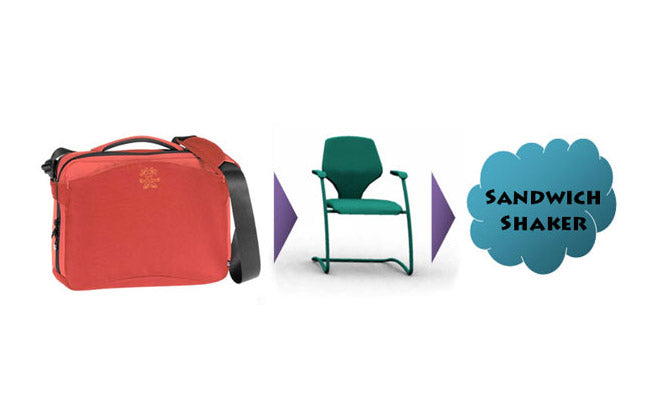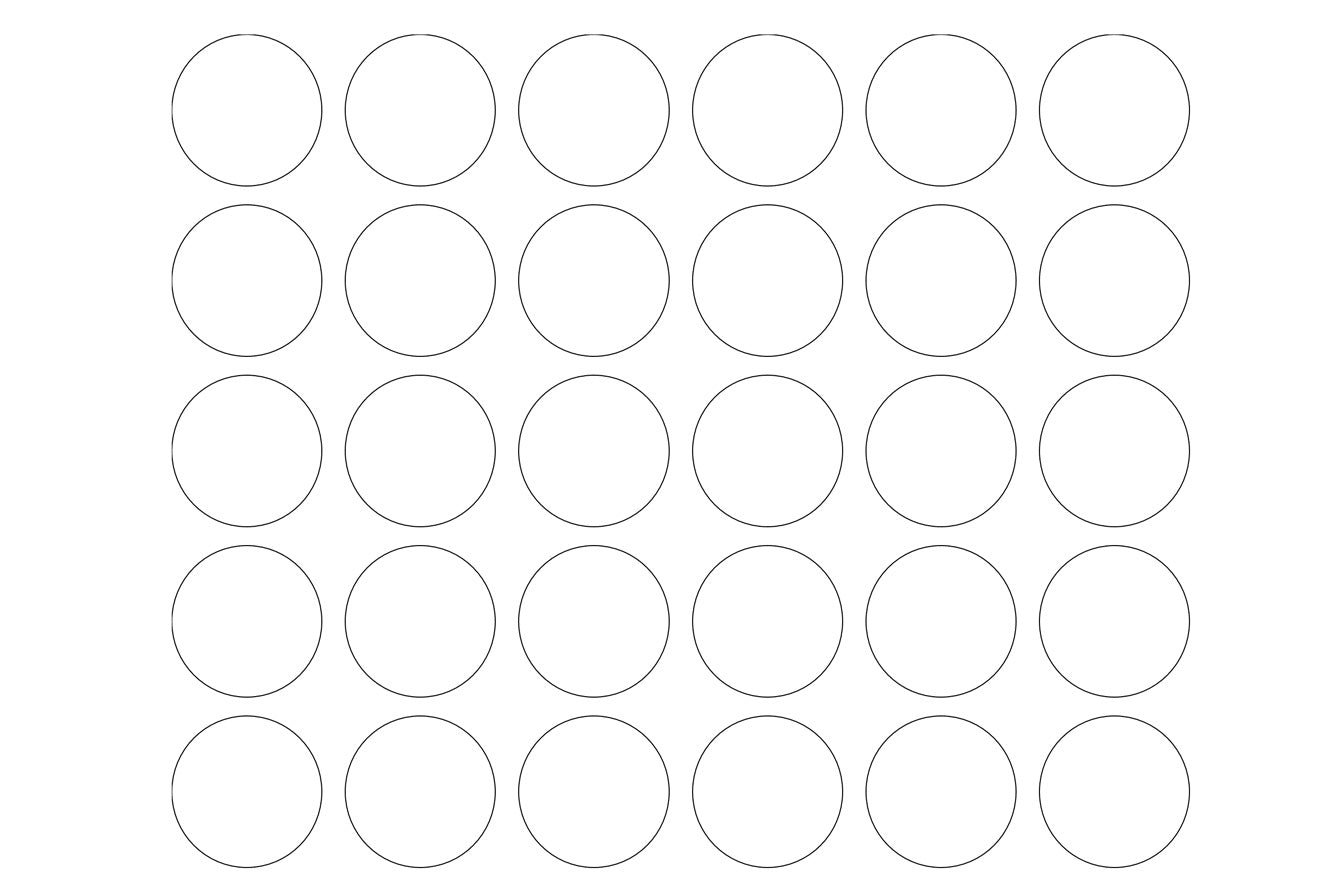Purpose
This is powerful exercise in helping people to think out of the box and become more creative. The setup primes people to think creatively about everyday objects and design their own version. This however may not lead to a lot of creative activity as most people will use what they already know or have seen. Next, you will give them a creative task that they are totally unfamiliar with and hence are forced to be a lot more creative and use their imagination to interpret the requirements.
Objective
Design a series of objects some obvious and some not.
What You Need
- Large papers
- Colour pens
Setup
Pre-Exercise Preparation
- Before the exercise decide on the sequence of objects that you want the participants to design. The idea is that you will give them two initial objectives so delegates design something they are familiar with. Next you will give them something they are not familiar with at all or in fact something that sounds odd or confusing. Your aim is to get different people interpret the objective differently and hence be forced to be creative about it.
- For example you can use the following sequence:
- Objective 1: Design a “laptop case”
- Objective 2: Design a “chair”
- Objective 3: Design a “sandwich shaker”
Exercise:
- The ideal setup is to run the exercise for individuals. You can also run it for pairs.
- Explain to the delegates that this is a creativity exercise and you want them to design a series of objects.
- Say that on your mark they have 1 minute to quickly design a “Laptop case”. They must sketch their design on a paper.
- Get everyone to reveal their designs and show each other as well. Usually most designs follow what people see in the market as a “laptop case”. Most people simply use their memory to come up with a design as opposed to think originally based on the required function.
- Next, ask delegates to design a “chair” in 1 minute and sketch it.
- Review as before and move on to the last objective.
- Ask delegates to design a “sandwich shaker” and as before they have 1 minute. You cannot explain anything more than this. Most people who hear this will respond by “What is that!?”, which is the point of the exercise. Not knowing what this is, people are forced to interpret the object and come up with their own original designs.
- After 1 minute, get everyone to reveal their designs and marvel at the range of creative thinking and interpretations that you receive. Since there are no assumptions, the designs are more original.
- Follow with a discussion to emphasise the key point.
Timing
Explaining the Exercise: 2 minutes
Activity: 10 minutes
Group Feedback: 5 minutes
Discussion
How good were you in designing? How varied were everyone’s designs in round 1, 2 and 3? How not knowing current designs made you think differently? Were you more creative? What do you think about your creative capability?
Variations
Rather than using 1 minute for each round, you can extend it to 3 or 5 minutes to encourage delegates to come up with more details in their designs.
Naturally, you are encouraged to try different sets of objectives to keep the exercise variable and also experiment.
Soft Skills Training Materials
Get downloadable training materials
Online Train the Trainer Course:
Core Skills
Learn How to Become the Best Trainer in Your Field
All Tags
Training Resources for You

Course Design Strategy
Available as paperback and ebook

Free Training Resources
Download a free comprehensive training package including training guidelines, soft skills training activities, assessment forms and useful training resources that you can use to enhance your courses.

Our Comprehensive Guide to Body Language

Train the Trainer Resources
Get Insights - Read Guides and Books - Attend Courses
Training Materials
Get downloadable training materials on: Management Training, Personal Development, Interpersonal Development, Human Resources, and Sales & Marketing














Leave a comment
All comments are moderated before being published.
This site is protected by hCaptcha and the hCaptcha Privacy Policy and Terms of Service apply.